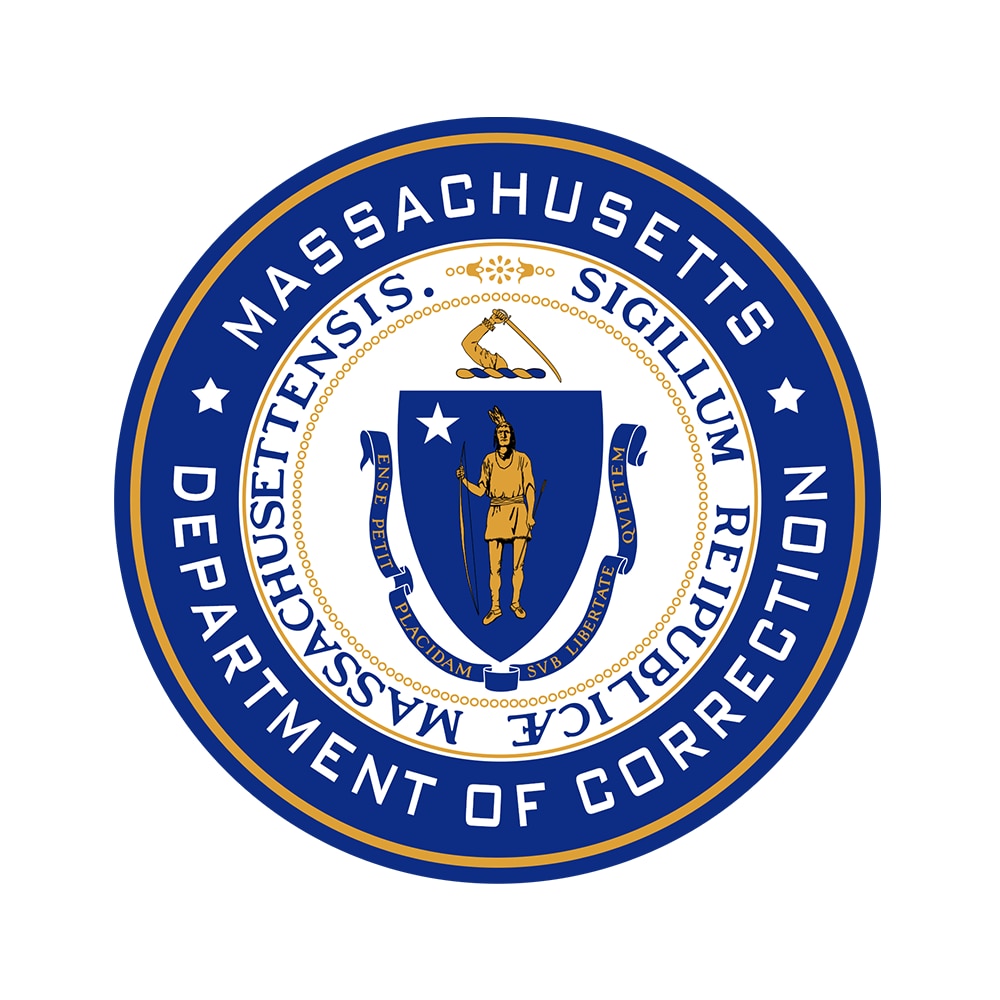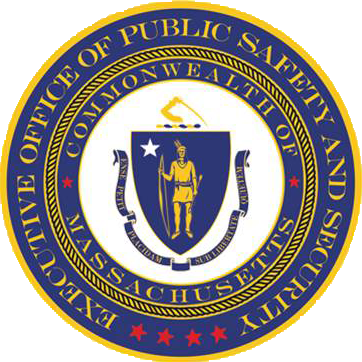- Massachusetts Department of Correction
- Executive Office of Public Safety and Security
Media Contact
Scott J. Croteau, Acting Director of Media Relations
Milford — To further safeguard the health and safety of correction officers, staff, and incarcerated individuals, the Massachusetts Department of Correction (DOC) today announced the development and implementation of an enhanced Unknown Substance Response Policy. This new initiative will strengthen the DOC’s ability to rapidly and effectively address the risks posed by potentially hazardous or illicit materials encountered during correction officers’ routine duties, including cell and common area searches and efforts to intercept such substances from entering DOC facilities. The comprehensive protocols will ensure that DOC correction officers and staff have the knowledge, tools, and protection they need to respond effectively and safely to unknown and potentially hazardous substances.
In correctional settings nationwide, incidents involving the exposure to and the interception of unidentifiable substances present an ongoing challenge. These substances can pose health risks if accidentally inhaled, touched, or ingested by officers or incarcerated individuals. In response, the DOC partnered with a hazardous substances expert and the Massachusetts Correction Officers Federal Union (MCOFU) to develop enhanced procedures to mitigate exposure, improve safety outcomes, and ensure quick containment of threats. The new policy’s development began in October 2023 and will be fully implemented this month.
“As Public Safety Secretary and a former correctional officer, I am acutely aware of the dangers our officers face every day. The health and well-being of DOC staff and those entrusted to their care is paramount. These enhanced protocols underscore our commitment to adapting and strengthening security measures as needed while ensuring the safety and security of all DOC facilities,” said Public Safety and Security Secretary Terrence Reidy.
“Keeping our staff and housed population safe and healthy is our top priority. As the threat of illicit substances being secreted into correctional facilities continues nationwide, the DOC found it prudent to review and enhance existing policies,” said Interim DOC Commissioner Shawn Jenkins. “We appreciate the ongoing collaboration with our partners, including MCOFU and the Legislature, and are committed to continuing our work together to address emerging challenges in our facilities.”
The implementation of this enhanced policy will allow for quicker substance identification, better protection for staff, and a more coordinated medical response in the event of exposure. It also contributes to mitigating risk and maintaining the overall security of the department’s facilities, as the rapid containment of such incidents prevents the spread of harmful materials throughout a facility.
Key enhancements to the Unknown Substance Response Policy include:
- Comprehensive Training: Staff and correction officers who are most likely to first encounter unknown substances (mail room, visiting room and admissions) are undergoing specialized training, led by a former Massachusetts Department of Fire Services employee and Hazmat operations expert, to properly identify, handle, and manage unknown substances in facilities. All correction officers will take part in an online training module. Both trainings emphasize protective measures, hazard recognition, and rapid decontamination processes.
- On-site Substance Identification Tools: The DOC has introduced state-of-the-art technology and new presumptive testing procedures to quickly identify potentially dangerous substances, facilitate real-time analysis and ensure appropriate emergency measures are taken when necessary.
- Improved Personal Protection Equipment (PPE): The DOC has reviewed and purchased new PPE to keep personnel safe while responding to incidents or investigating the presence of illicit substances. The enhanced procedures provide PPE guidance while conducting searches and upon discovery of potentially hazardous substances.
- Enhanced Containment Procedures: The policy includes new protocols for isolating and containing suspicious materials to prevent the spread of harmful substances within the facility.
In addition to this latest policy, the DOC implements proactive measures to thwart contraband and unknown substances from entering DOC facilities, including visitor protocols, non-privileged mail screening at designated facilities, contraband detecting K-9s, and an Attorney Verification System. The DOC has also deployed drone detection and interception technology at multiple facilities to eliminate the use of drones to deliver illicit substances near or over a facility. The DOC also maintains strong working relationships with law enforcement officials to deter drugs from entering facilities, which resulted in the recent federal charges against 19 people, involving the interception of K2 into DOC facilities.
###

